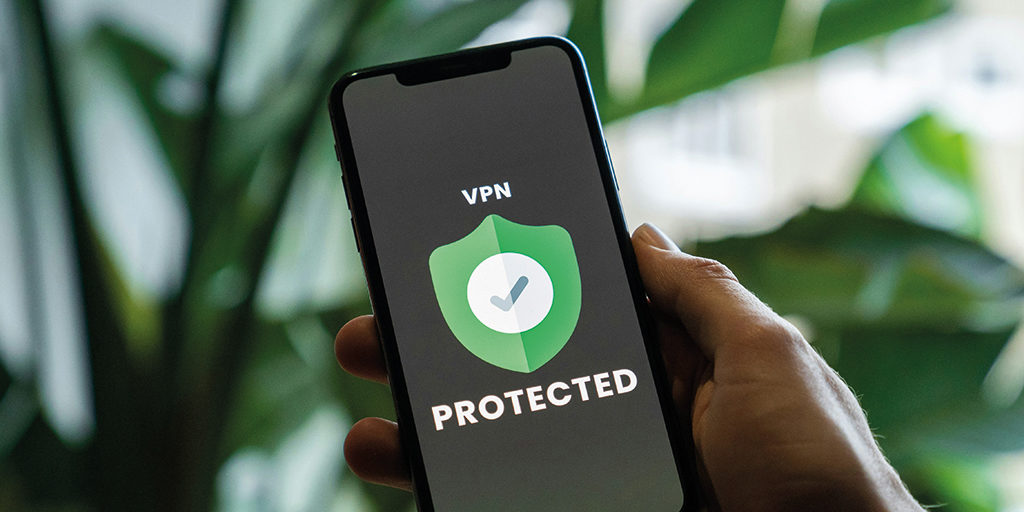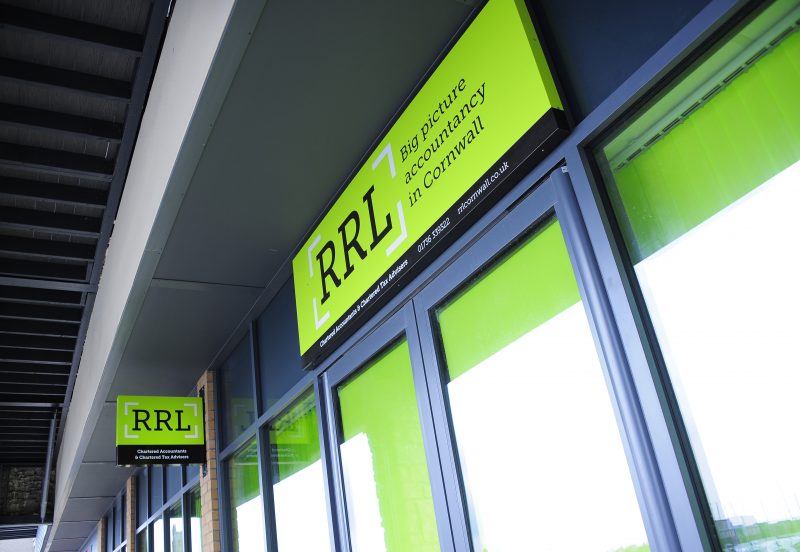

Beware of Scams
Michelle Dash, Manager at RRL Cornwall, looks into online scams and how to spot them.
With the UK’s ever-increasing use of online technology, scammers are becoming more problematic and scams are widespread. Although some scam emails, texts and phone calls are relatively easy to identify, there are also many which are sophisticated and look genuine, leading to many unsuspecting people falling foul.
Plenty of scam emails will bypass the spam settings in your email account, and scams can be hard to spot especially when you are expecting an email from an account purporting to be from a recognised establishment such as HMRC or Companies House.
As the UK has just started the new tax year for 2024/25, HMRC have been sending genuine emails to customers, as they are moving towards a more paperless approach. Unfortunately, scammers are well aware of this, and are using it to their advantage in the hope that their emails will be mistaken for the genuine HMRC correspondence.
HMRC will never ask for personal or financial information when they send text messages or emails, so if you receive notifications asking for such information you should assume they are scams. If you are due a tax repayment from HMRC, they will send this to the designated bank account details they hold for you (if this was provided on your tax return), or they will send a cheque. HMRC will not contact you for your bank account information. Never click on a link in a text or an email which states it will take you to a website to claim your tax rebate.
If you have received correspondence from HMRC and you want to check it is genuine, you can visit your HMRC online account. Details of your current tax position will be shown there, and you will be able to view any repayments due to you. If you don’t have an online account, you can set one up quickly and securely at:
https://www.gov.uk/log-in- register-hmrc-online-services/register
As discussed in our previous article, Companies House has recently announced changes to UK company law, with the introduction of the Economic Crime and Corporate Transparency Act. This announcement has given scammers another opportunity to extract information from unsuspecting individuals, by feigning to be officers from Companies House and requesting information such as director’s personal information, identification, company authentication codes along with bank details.
As well as electronic scam attempts, letters are being sent in the post to the registered office of newly incorporated companies, asking for payment to complete the registration or to keep the details secure. Companies House fees for forming a new company will always be payable at the time of formation and any request for further payment should be treated as a scam. Companies House prices can be viewed at:
https://changestoukcompanylaw. campaign.gov.uk/changes-to-companies- house-fees/.
Companies House issue penalties for late filing of certain statutory documents, such as annual accounts. Companies House will not contact you by telephone for immediate payment of these penalties; even if you have incurred late filing penalties, do not trust these calls.
One of the most important things you can do to keep your company details secure and limit the threat of scammers is to keep the company authentication code secure and use the secure WebFiling system at Companies House for any changes and updates required. If you think the authentication code has been compromised, you can change this online through the WebFiling system.
It’s important to be as vigilant as possible with regards to phishing and scams, for individuals and companies alike. As well as the financial loss that can be incurred if bank details are shared or fraudulent payments made, identities can be stolen and used for illegal purposes. Taking a sceptical view and challenging correspondence is the best way to avoid falling victim to fraudsters. Don’t divulge information or make payment if you are contacted – delete the email or hang up the call, and contact Companies House or HMRC yourself by using your online accounts or verified telephone numbers.
Although some scam emails, texts and phone calls are relatively easy to identify, there are also many which are sophisticated and look genuine, leading to many unsuspecting people falling foul








